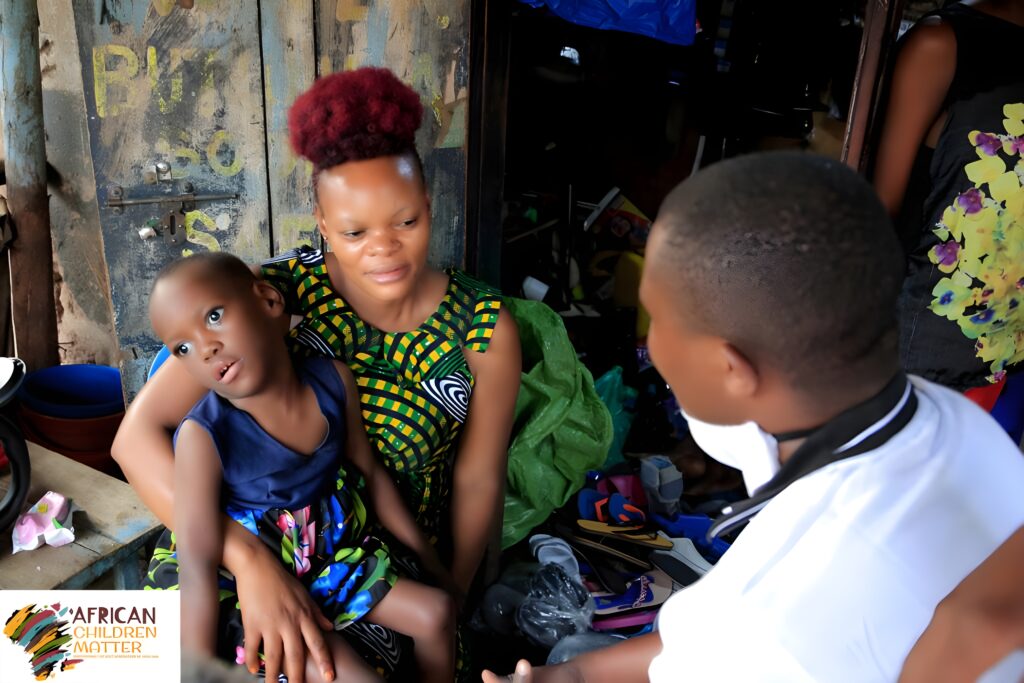Introduction:
Developmental disabilities are a diverse group of conditions that affect a child's physical, cognitive, social, and emotional development. These disabilities can manifest in various ways, from mild learning difficulties to severe impairments that profoundly impact a child's ability to function independently. In Africa, where resources and support services for children with developmental disabilities are often scarce, the consequences can be particularly devastating. This article aims to shed light on the types of developmental disabilities affecting African children, while also highlighting the unique challenges they face and the importance of early intervention and support.
Unraveling The Mystery
Developmental disabilities are a diverse group of conditions that affect a child’s physical, cognitive, social, and emotional development.
These disabilities can manifest in various ways, from mild learning difficulties to severe impairments that profoundly impact a child’s ability to function independently.
Types of Developmental Disabilities:
1. Autism Spectrum Disorder (ASD)
Autism Spectrum Disorder is a complex neurodevelopmental disorder characterized by challenges in social communication, repetitive behaviors, and restricted interests. Children with ASD may struggle to form relationships with their peers, have difficulty understanding social cues, and exhibit atypical speech patterns. The severity and manifestations of ASD can vary significantly from one individual to another. In Africa, the prevalence of ASD remains unclear due to limited research and diagnostic facilities. However, experts believe that the number of affected children could be as high as in other parts of the world. Misconceptions about ASD, as well as a lack of awareness and understanding, often lead to delayed diagnosis and intervention, which can have long-term consequences for the child's development and quality of life.
3. Cerebral Palsy (CP)
Cerebral Palsy is a group of neurological disorders that affect a child's movement, muscle tone, and posture. It is caused by damage to the developing brain, which can occur before, during, or after birth. The severity and specific symptoms of CP can vary widely, with some children experiencing mild motor impairments, while others may have significant physical disabilities. In Africa, the prevalence of CP is believed to be higher than in developed countries due to factors such as inadequate prenatal care, birth complications, and a high incidence of infectious diseases. Children with CP in Africa often face numerous challenges, including limited access to rehabilitation services, assistive devices, and specialized education, which can hinder their ability to achieve their full potential.
2. Intellectual Disability (ID)
Intellectual Disability, formerly known as mental retardation, is characterized by significant limitations in intellectual functioning and adaptive behavior. Children with ID may have difficulty in learning, problem-solving, and adapting to everyday situations. The severity of ID can range from mild to profound, with varying levels of support required. In African countries, children with ID often face considerable challenges, including limited access to specialized education, healthcare, and social services. Moreover, stigma and discrimination can further exacerbate their difficulties, leading to social isolation and marginalization.
4. Down Syndrome
Down Syndrome is a genetic disorder caused by the presence of an extra chromosome 21. It is characterized by distinctive facial features, intellectual disability, and an increased risk of certain health problems, such as congenital heart defects and respiratory issues. Children with Down Syndrome may also experience developmental delays and difficulties with speech and language. In Africa, children with Down Syndrome often face numerous challenges, including limited access to healthcare, early intervention services, and specialized education. Additionally, societal stigma and discrimination can result in social isolation and reduced opportunities for these children.

